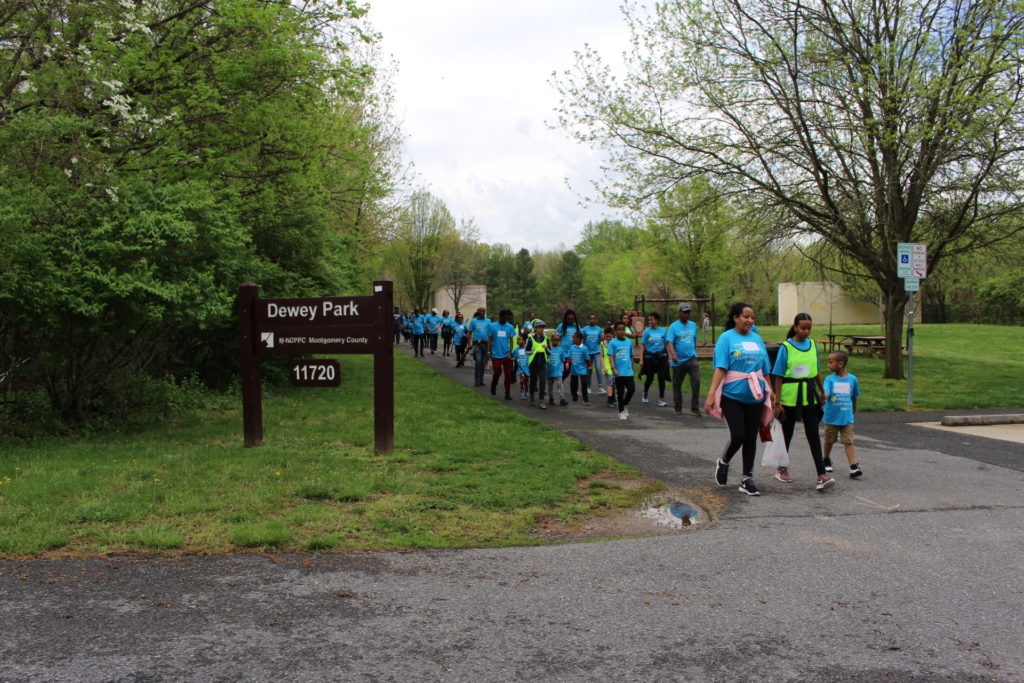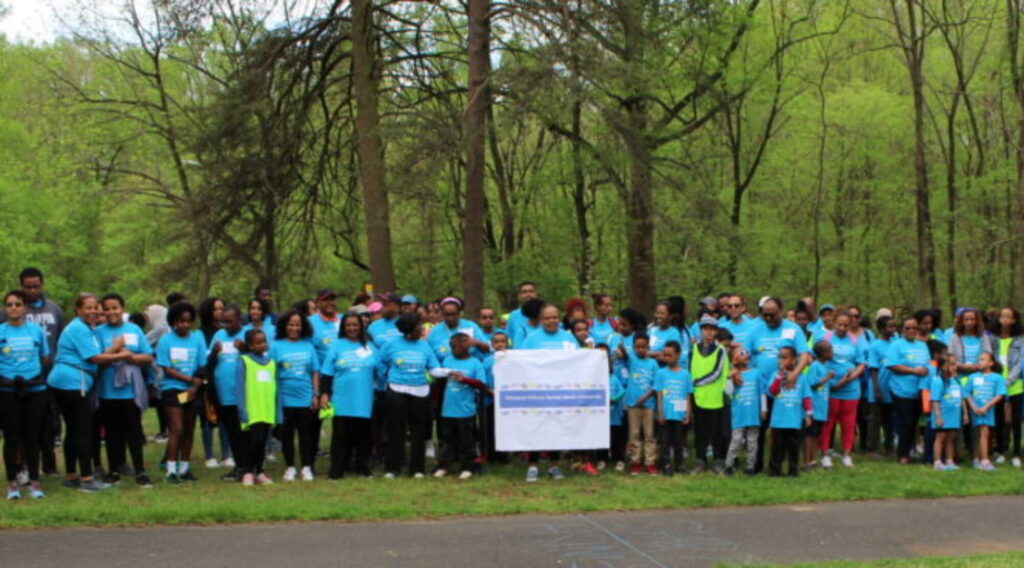
AUTISM AWARENESS
The journey of parents towards autism acceptance can be deeply personal and varied, but it often follows a trajectory of understanding, advocacy, and embracing neurodiversity. It is important to note that this journey is not linear and may involve setbacks, challenges, and moments of doubt along the way. But with time, education, and support, many parents find acceptance and empowerment in embracing their child’s autism. Below are some pointers to help guide you during this journey.
TIPS TO TRANSITION

DIAGNOSIS
When parents or support providers become concerned that their child is not following a typical developmental course, they turn to experts, including psychologists, educators and medical professionals, for a diagnosis.
first steps after recieving diagnosis

Act Early
Early screening for autism can make a lifetime of difference.
Intervention Plan Focus Areas
Early Intervention_ What It Is and How It Works for DC, Maryland, and Virginia

NAVIGATING THE MEDICAL SYSTEM
Parents often find themselves navigating the medical system, seeking therapies, interventions, and support services for their child. This can involve appointments with doctors, therapists, and specialists, as well as advocating for their child's needs within educational and healthcare settings.

SEEKING INFORMATION AND SUPPORT
After the initial shock, many parents begin seeking out information about autism. This may involve researching online, reading books and articles, and reaching out to support groups and organizations specializing in autism.

SHIFTING PERSPECTIVES
Over time, parents often experience a shift in perspective towards autism. They may come to see autism not as a tragedy or a defect to be fixed, but as a natural variation of human diversity. They begin to embrace their child's unique strengths, talents, and ways of experiencing the world.

ADVOCACY AND EMPOWERMENT
Armed with knowledge and a newfound acceptance of autism, many parents become advocates for their child and for the broader autistic community. They may work to promote inclusion, accessibility, and acceptance in schools, workplaces, and society at large.
EMOTIONAL ROLLERCOASTER
The journey of accepting a child's autism can be an emotional rollercoaster for parents. They may experience grief over the loss of the "typical" child they had envisioned, guilt about not recognizing signs earlier, and anxiety about their child's future.

CONNECTING WITH THE AUSTISTIC COMMUNITY
Many parents find support and guidance by connecting with the autistic community. This may involve attending support groups, conferences, and online forums where they can learn from autistic individuals themselves and gain insights into their experiences and perspectives.

CELEBRATING NEURODEVERSITY
Ultimately, the journey towards autism acceptance is about celebrating neurodiversity – recognizing and valuing the diverse ways in which human minds work. Parents learn to celebrate their child's strengths, advocate for their needs, and create a supportive environment where they can thrive as their authentic selves.

